Yom Kippur – Our Spiritual Mission
October 7, 2011Yom Kippur – the Day of Atonement – holds a special poignancy and power. “Seek God when He is to be found,” the Prophet Isaiah (55:6) says and he can be found, the sages said, during the High Holydays.
The evening and day of Yom Kippur are traditionally set aside for public and private petitions and confessions of guilt (Vidui) and requesting forgiveness (Mekhila). But of unique consequence is, despite the day’s deep psychological association with a verdict being finalized, the name itself: the Day of Atonement.
A Jew is expected to walk out of Yom Kippur feeling as though they bear in their hand a royal pardon, that they have been forgiven and are entering the year with a clean slate – and an opportunity for great spiritual achievement.
In accordance with the words of the prophet Hoshea 14:4, “He who knows the hidden will testify concerning him that he will never return to this sin again,” our sages teach Yom Kippur atones for inadvertent and sins against God we remain unaware of. But what of gross transgression?
That, our sages teach, is forgiven for anyone who chooses the path of the penitent. “He who confesses and forsakes [his sins] will be treated with mercy,” Proverbs 28:13.
Which leaves only sins against man. Those, the sages teach, are only atoned for by seeking the forgiveness of the wronged party – and making restitution should the offense include monetary loss.
If the wronged party refuses to be appeased one is expected to continue to ask forgiveness a second and third time, going so far as to take two witnesses with them as a sign of humility and sincerity.
For the forgiveness of one’s Torah teacher, however, Maimonides wrote one should beg their forgiveness even 1,000 times. It seems to this writer, who claims no special authority, that a pious soul will treat all men as his Torah teacher in this singular case.
There is a division of opinion over Man’s obligation to forgive: One school of thought holds one must forgive carte blanch the third time someone comes pleading for forgiveness, but another allows one to withhold forgiveness if one reasonably believes the offender is not sincere.
But hard-heartedness without cause, sinat hinam (“unjust or baseless hatred”), is not a Jewish trait. Biblically, because the Gibeonites did not forgive and refused to be appeased, II Samuel 21:2 tells us, “The Gibeonites are not among the children of Israel.” .
In planning Man the Creator said “Let us make Man in Our image, after Our likeness” (Genesis 1:26). But justly enough, Man is a partner in his own Creation. To achieve our greatest glory we must emulate the Mighty One of Israel.
“Lord, Lord, Compassionate and Gracious, Slow to anger, and Abounding in kindness and truth; Preserver of kindness for thousands of generations, Forgiver of iniquity, transgression and sin, and who acquits [the penitent],” Moses wrote of God (Exodus 34:6-7).
On Yom Kippur we not only confess and beg forgiveness – but we also seek to emulate God and forgive. In doing so we bring to fruition King David’s words in Psalm 8:6, “Yet, you have made him but slightly less than the angels, and crowned him with a soul and splendor” – and open the Gates of Heaven not only for ourselves, but also our families, communities, nation, and world.
We here at Arutz Sheva would like to take this opportunity to wish all of our readers an easy and meaningful fast this Yom Kippur. May all of us together be sealed for life, liberty, happiness and health, prosperity, and spiritual heights.
Similar posts
-
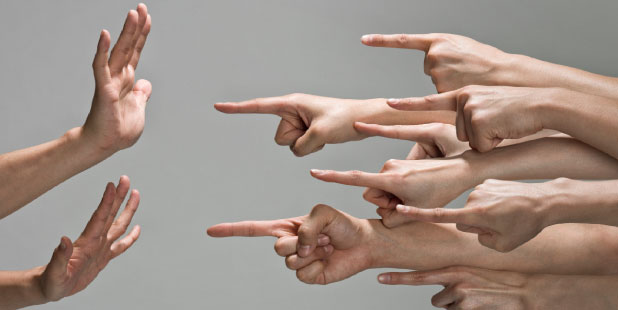
Israel Is Held To A Higher Standard Than Any Country
April 25, 2024In the intricate tapestry of global affairs, one nation stands out for enduring scrutiny and condem...
-

Israel Has The Most Moral Military In The World
April 10, 2024In the heart of a region often riddled with conflict, Israel stands out not only for its technologi...
-

The Resilience of the Israeli People
April 2, 2024Visitors from around the world have seen Hamas's October 7th Massacre's destruction in southern Isr...
-
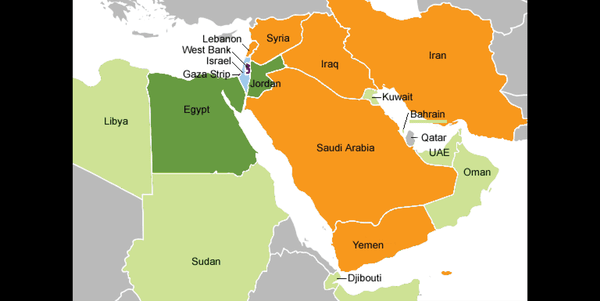
Israel: Small Size, Big Impact
March 21, 2024Nestled along the eastern edge of the Mediterranean Sea, Israel is a land of immense historical sig...
-
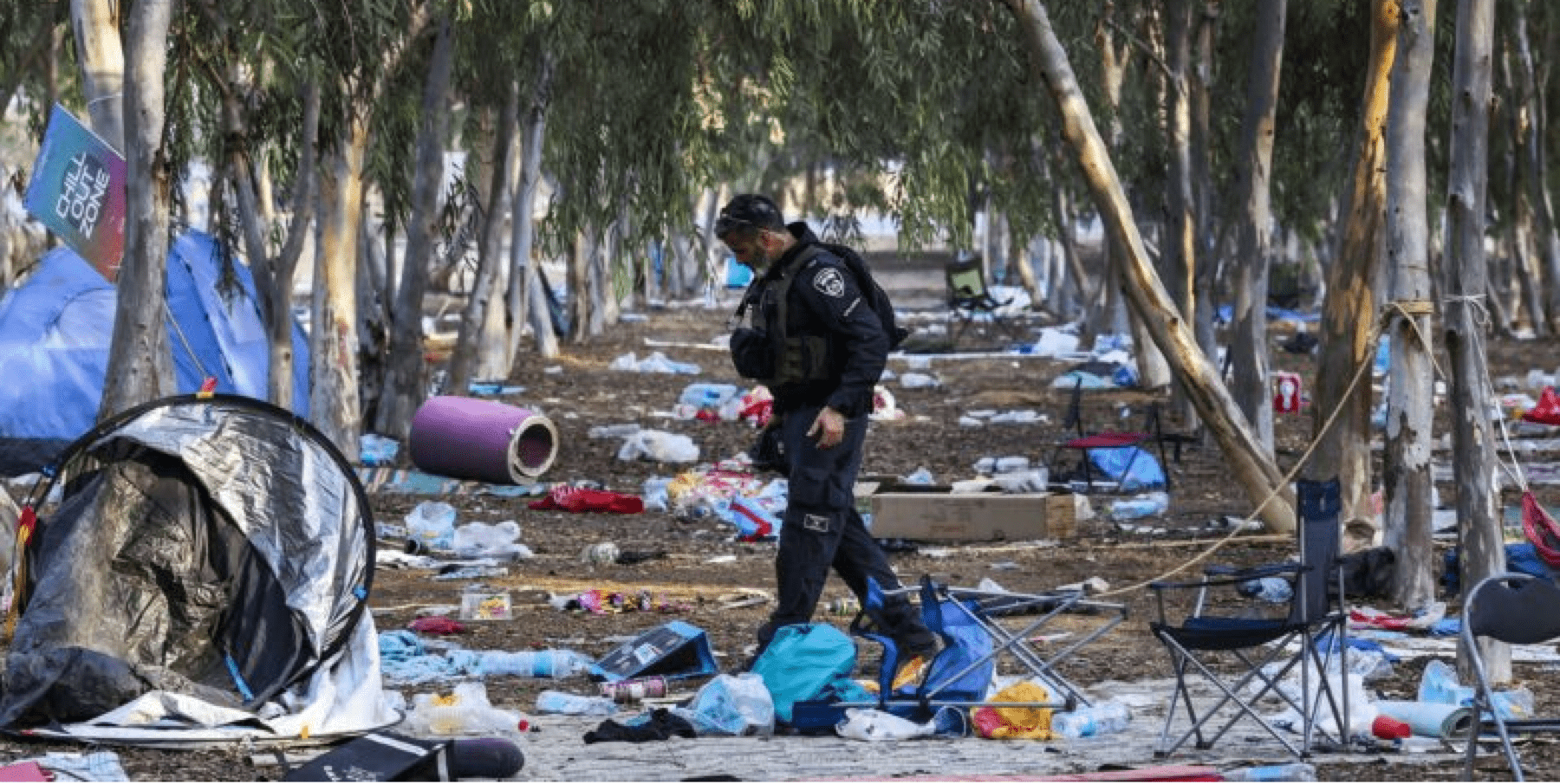
Israelis Are Fighting For Their Lives
February 21, 2024By Jonathan S. Tobin The world looks a lot different from Kibbutz Kfar Aza than it does in the U...
-
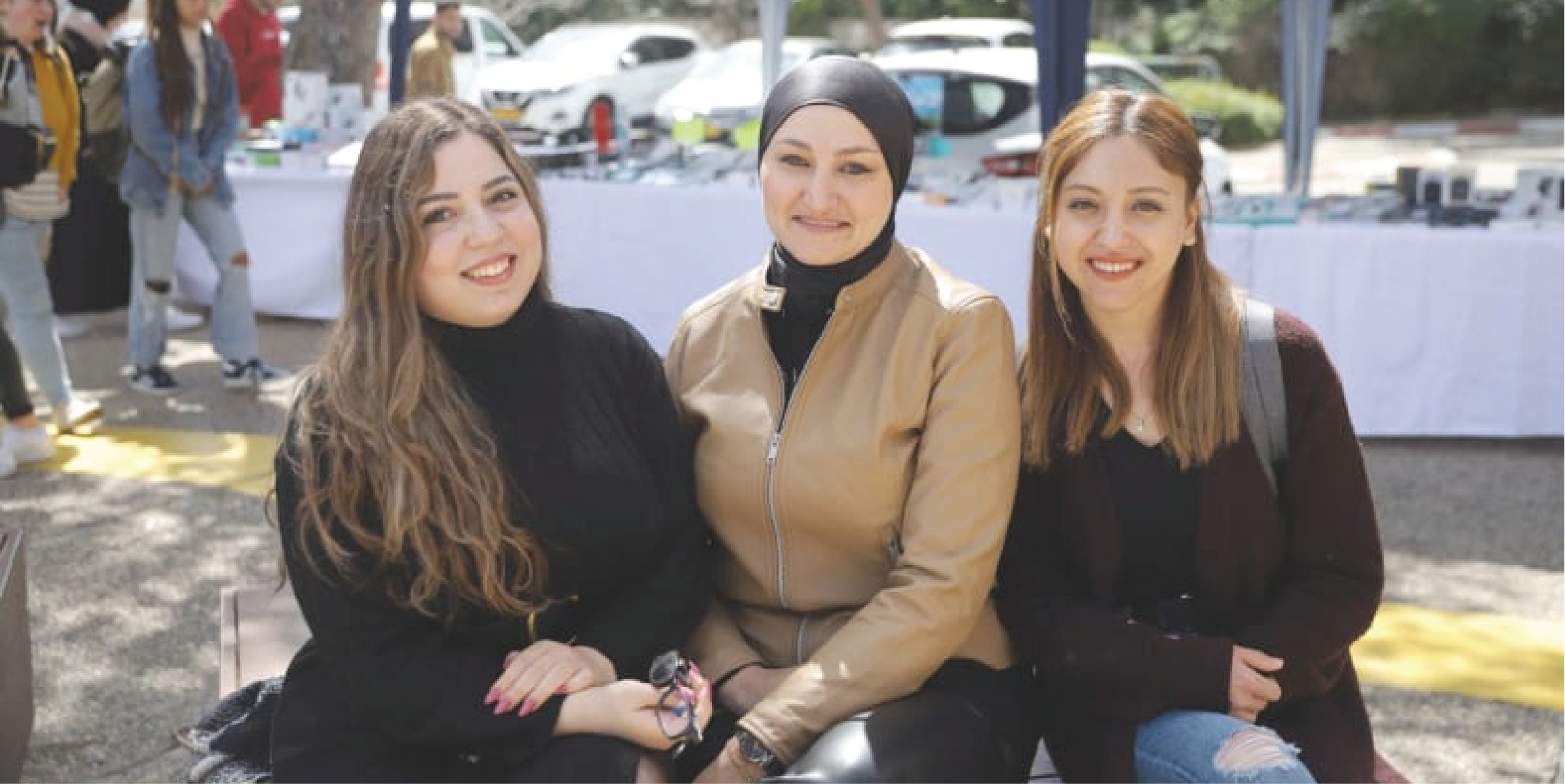
Over 2 Million Arabs Live In Israel
January 23, 2024In the complex landscape of the Middle East, where diverse cultures and identities intersect, Israe...
-

'Fauda' Star Idan Amedi Injured Fighting in Gaza
January 8, 2024Despite the severity of his injuries, Amedi's father assured Israeli news channels that his life is...
-
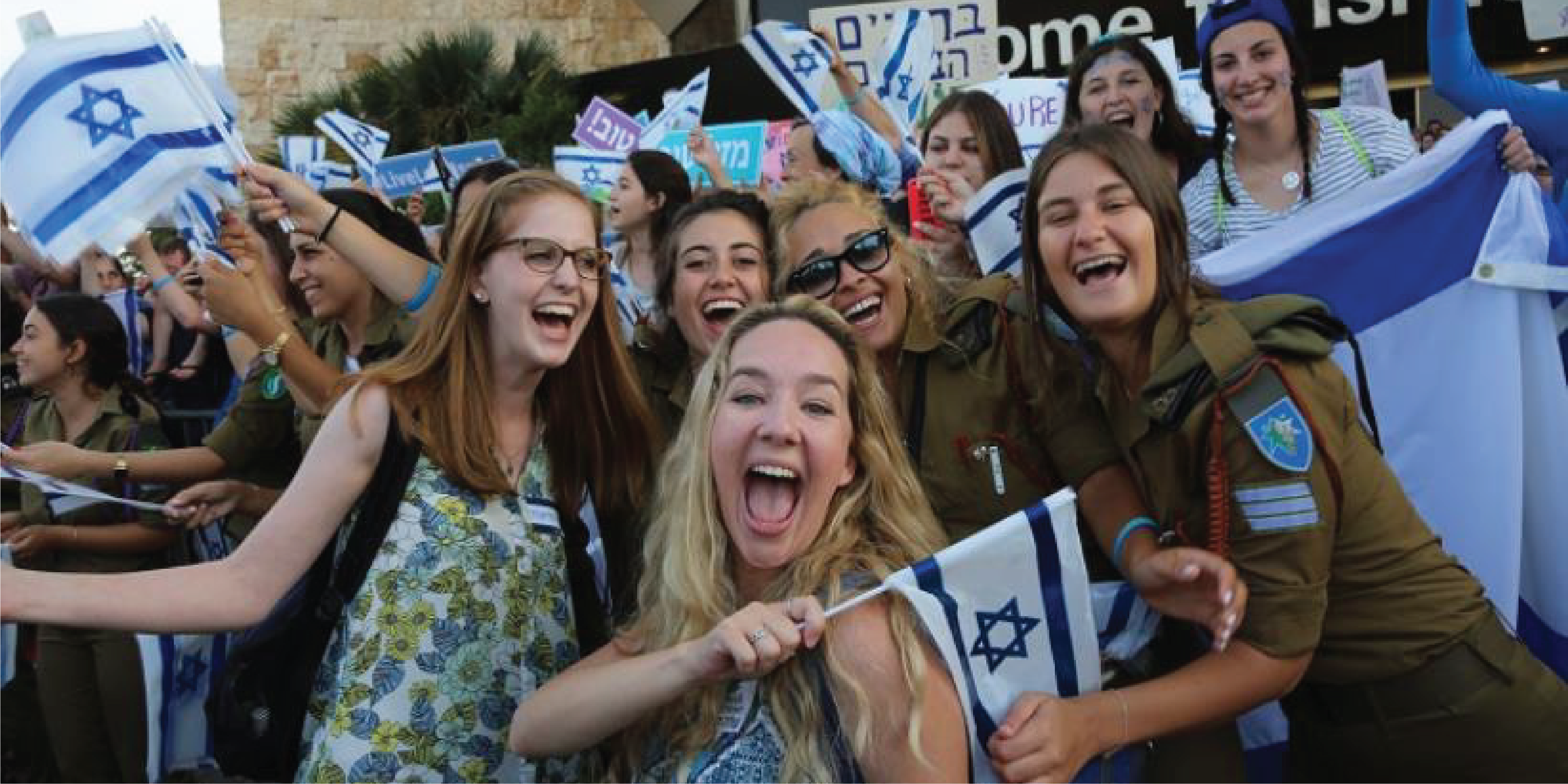
Israel Is A Great Country To Live In
December 28, 2023Nestled at the crossroads of the Middle East, Israel stands as a vibrant and dynamic nation, offeri...



















